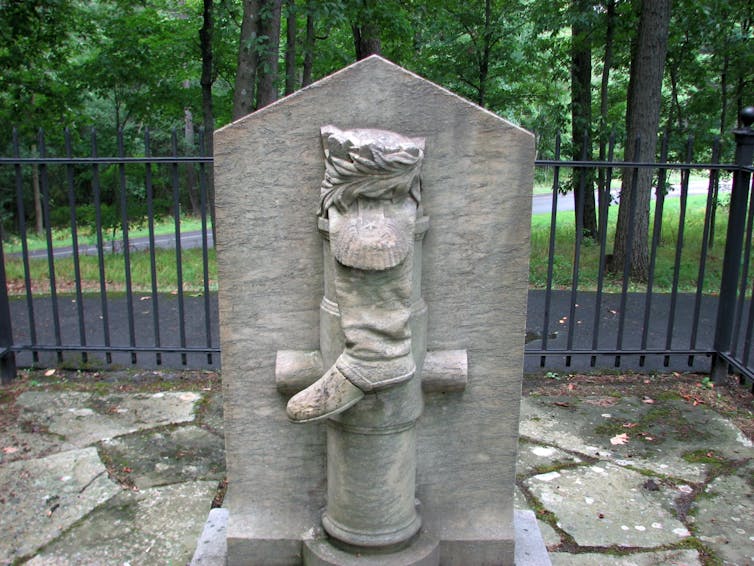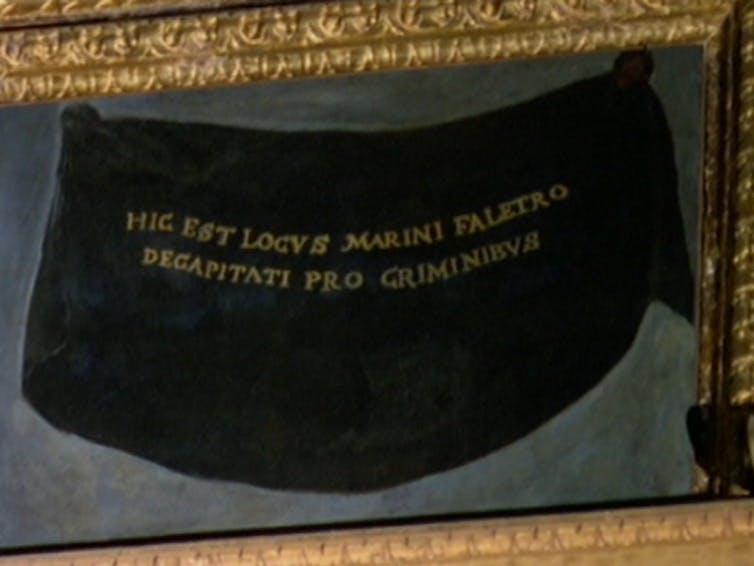Since the US presidential election on November 3 2020, Donald Trump’s attempts to overturn the result and deny president-elect Joe Biden his victory have grown ever more desperate. Most recently a recording of a phone call to the secretary of the state of Georgia, Brad Raffensperger, on January 2, has revealed that Trump pressured Raffensperger to “find” more than 11,000 votes to tip the state’s result his way.
The call, which was published by the Washington Post, prompted senior Biden adviser Bob Bauer to remark: “We now have irrefutable proof of a president pressuring and threatening an official of his own party to get him to rescind a state’s lawful, certified vote count and fabricate another in its place.”
Concern at Trump’s refusal to concede the election, meanwhile, has led ten former defence secretaries to publish a letter in the Washington Post warning Trump against using the military in a last-ditch attempt to retain power.
A line has been crossed, perhaps into sedition. It seems unthinkable, but an American president is threatening the peaceful transfer of power – the cornerstone of any democracy. It seems inevitable that he will go, but then America will be forced to deal with the question: what to do with former President Trump?
The central tenet of republican philosophy and government is liberty – of the country as a whole and of the citizens individually. One is free only when one is free from arbitrary interference from the state or private persons. This is possible only when the powerful are constrained by the rule of law and are accountable to the people.
For all his talk of freedom, this is something Trump and his followers appear to have misunderstood. Is it that they think liberty is simply the right to do what they want? This is what seems evident in Trump’s willingness to discard the votes of millions of Americans in order to cling to power and then claim that that is democracy. This is the sort of hypocritical double-think that kills republics.
It seems unlikely that Biden will prosecute Trump – the president-elect and his team have been stressing the importance of healing and unity. But there must be consequences for Mr. Trump.
Vanishing act
What should they be? We can look to American history for the answer. When people think of malfeasance in the Oval Office, their minds probably turn to former president Richard Nixon, who after his resignation and pardon in 1974 spent some time as a social and political pariah. But Nixon is not the right parallel, in no small part because he fell on his own sword. Trump will never do this.
The better comparison is Benedict Arnold, the arch-traitor of the American Revolution. Before turning his coat for the British, Arnold fought gallantly for the Americans, especially at Saratoga. There are two memorials to him on that battlefield. One is of a boot, commemorating the spot where Arnold received a terrible wound to his leg. It describes him as the “most brilliant” soldier in the army, but does not name him.

The second memorial is the Saratoga Monument, where four niches commemorate the American commanders, but Arnold’s stands empty. He is not erased from history – like the Old Bolsheviks in Stalin’s Russia – but he is known through his absence, which stands as a warning.
You might think that writing a public figure out of history is not in keeping with American tradition. After all, the architects of the Confederacy have enjoyed public commemoration. Yet, these statues, mostly erected during the Jim Crow era as a way to strengthen segregation against the challenge of the civil rights movement, are being swept away. Someone like Robert E. Lee may have been an admirable general and “Southern gentleman”, but he took arms against his own country in defence of slavery. Many Americans feel that he does not merit a public memorial.
This is not uniquely American either. In Venice, the Great Council Chamber of the Palazzo Ducale is lined with portraits of the doges of that city’s great republic, a position comparable to the American presidency. However, one portrait is simply a black shroud.

This commemorates Marino Faliero, who plotted to overthrow the republic and establish a dictatorship. He was beheaded for treason, but death was not enough. He was condemned to damnatio memoriae, a practice that scrubs the memory of someone from society. The citizen who tries to destroy the republic has no place in the public memory of the state except by their absence.
Empty niche
Trump’s refusal to concede, the intimidation of governors, senators and other public officials, and his flirtation with sedition makes denying Trump the usual honours an appropriate punishment. It doesn’t mean he ought to be consigned to some Orwellian memory hole. He should still appear in textbooks and histories, but all the public commemoration that former presidents receive through custom should not be granted to him.
He should lose the honorific of “President” and should not be invited to official functions with other former presidents. There should be no portrait in the White House or any other public building, no military base or warship named in his honour, no presidential library. These honours should be stripped from him for the damage he has done to democracy, the rule of law and, ultimately, the freedom of every American citizen.
This is the fate that ought to await President Trump: to be an empty niche in the hall of presidents is the most fitting punishment for a man who valued his own ego and self-glorification over the stability and freedom of the republic that he swore to serve. Of course, given that more than 74 million Americans voted for him in 2020 makes this an unlikely prospect.![]()
Gwilym David Blunt, Lecturer in International Politics, City, University of London
This article is republished from The Conversation under a Creative Commons license. Read the original article.


